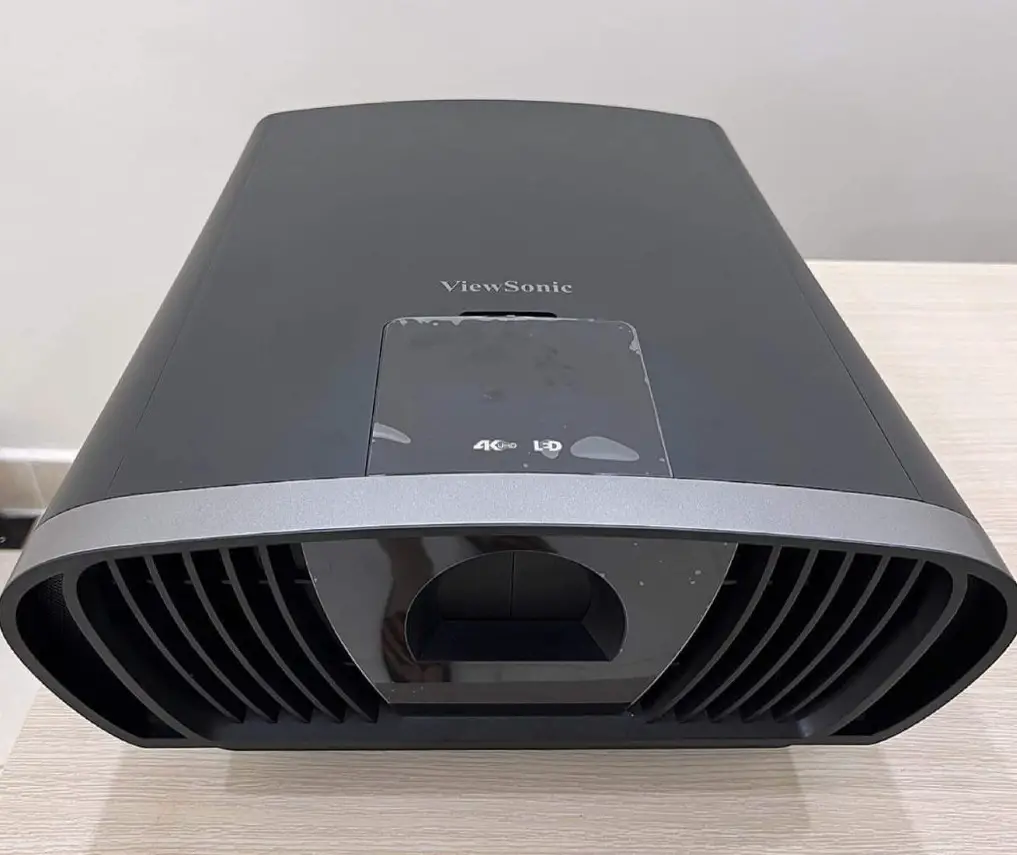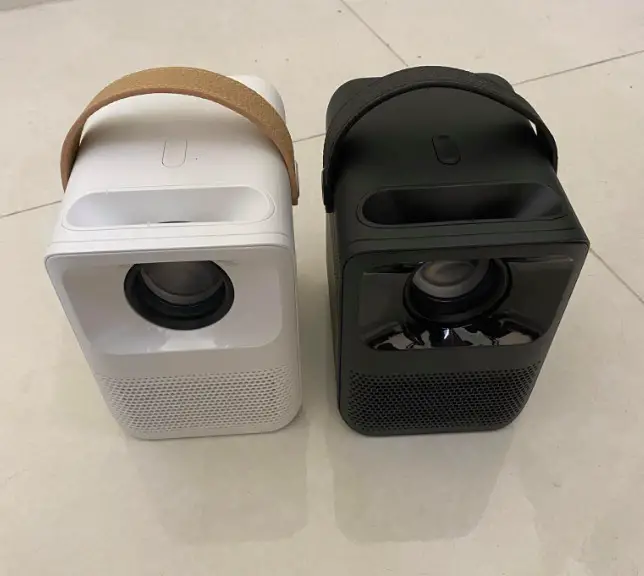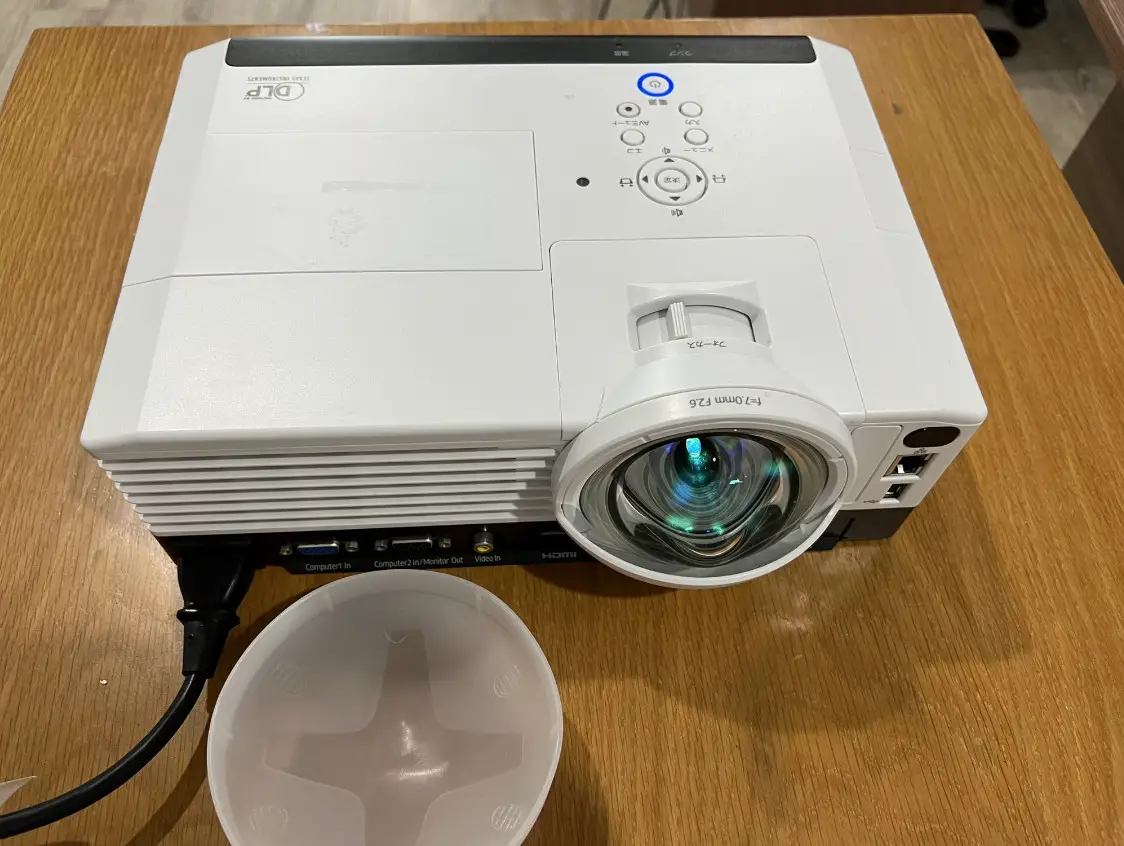Are Projectors Better For Your Eyes Than TVs?
The outstanding advantage when comparing projectors and TVs is probably the screen area. The screen display largely determines the user experience, so it is not difficult to explain why many people like to go to the cinema.
However, are projectors better for your eyes than TVs? Newspapers often report eye diseases when people are to blue light for a long time.
It’s the same with a TV or a projector, each with its pros and cons. Users choosing them for the family also need to be based on many different factors such as size, price, and need.
Today’s article will focus on health issues when using either, from which to conclude that between projector and TV is better.
Contents
Are Digital Screens friendly to your eyes?
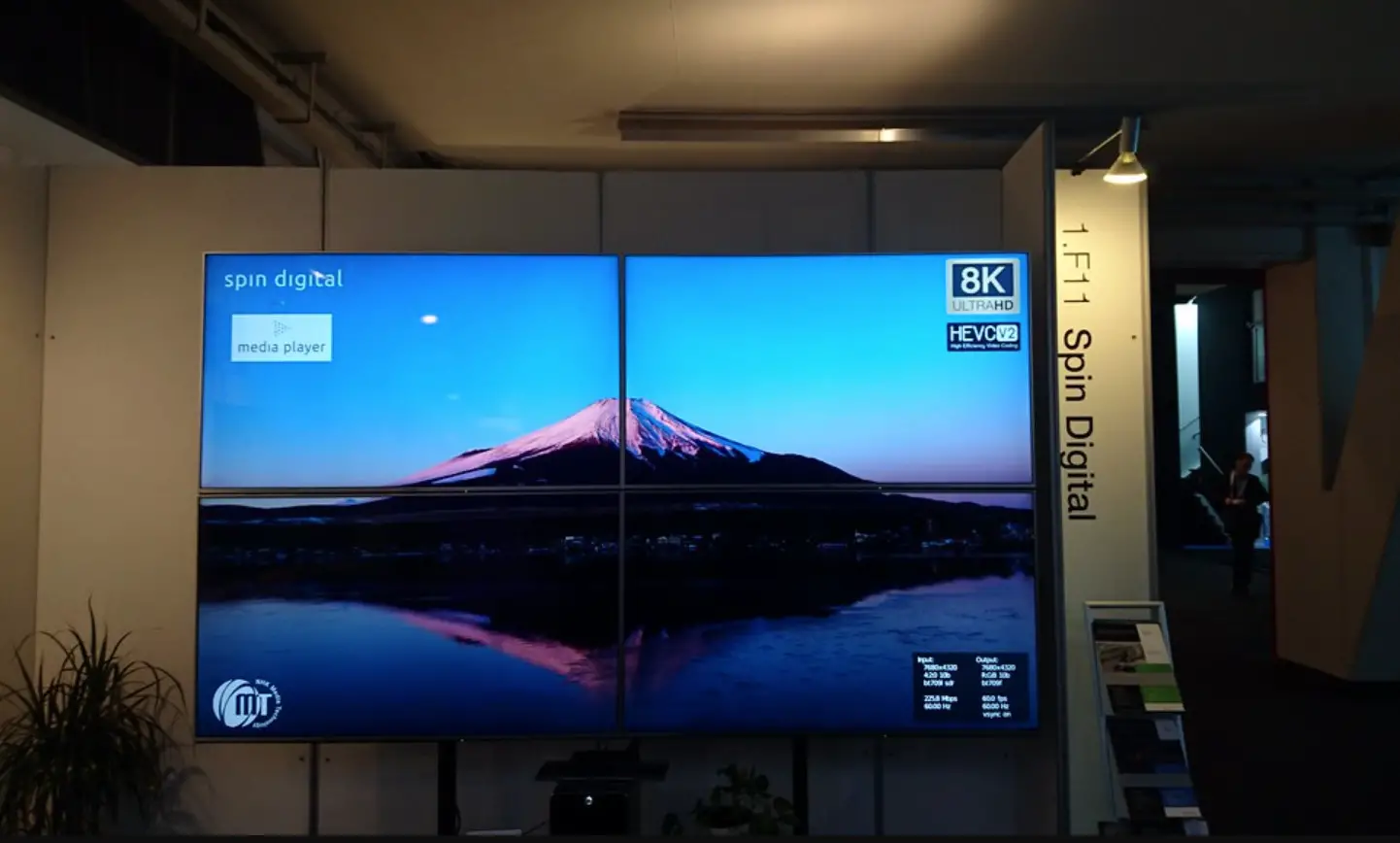
The answer is yes; science has proven that: too much exposure to blue glint from smart devices such as TVs, phones, and computers for a long period will be harmful to your eyes. We also feel this through signs such as eye strain or retinal pain.
Simply because when looking directly at the screen, the frequency of the eyes must work continuously without stopping.
The user does not know how to align the appropriate distance from the eye to the device (it happens in most people), creating a stressful focus for the retina.
If this condition occurs continuously and regularly, the blue glint will more or less affect the damage to the eyes.
Are Projectors Better For Your Eyes Than TVs?
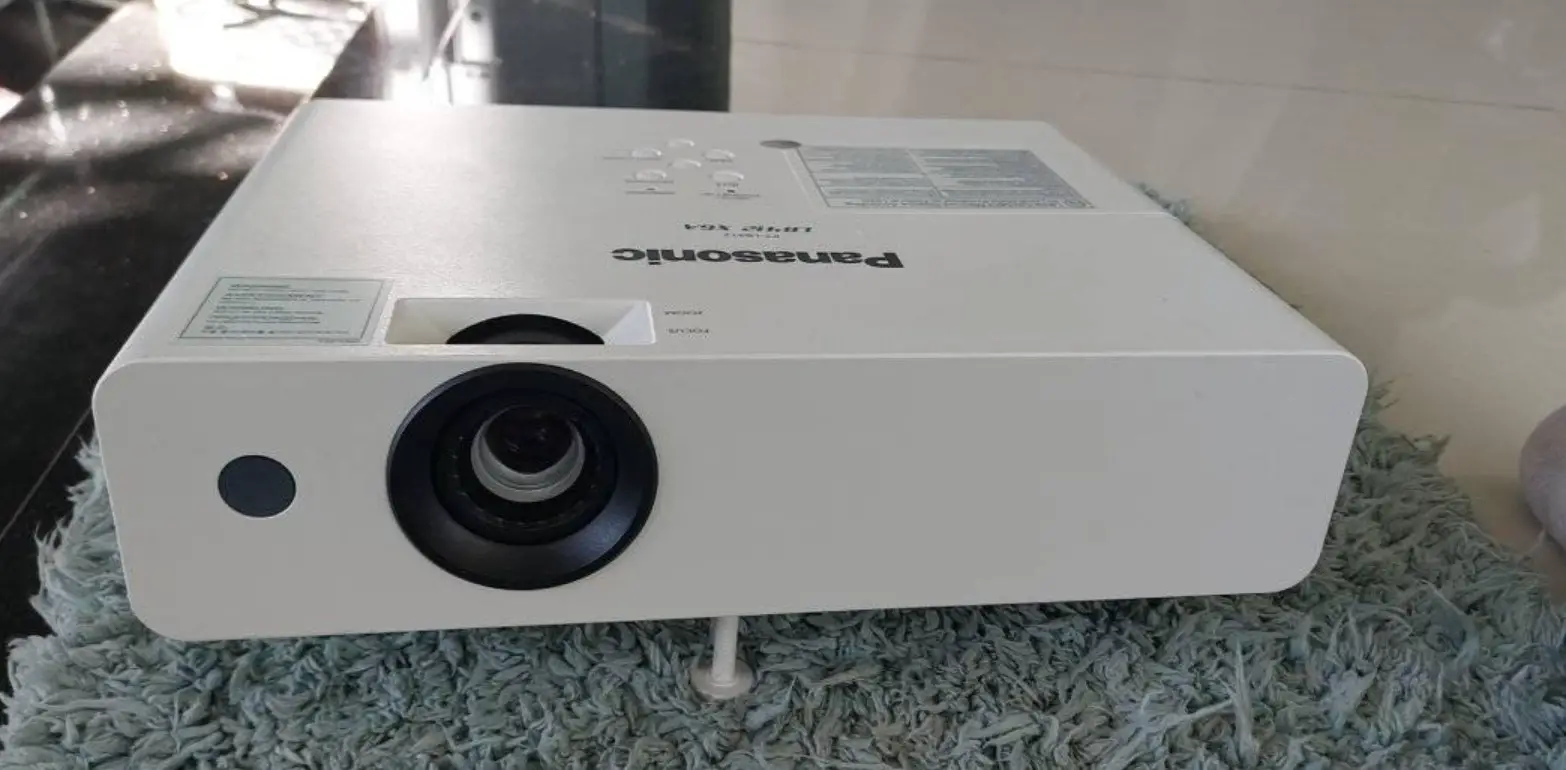
In full comparison, the projector is better for the eyes because many reasons.
We are talking about the flexibility of image movement and blue glint quality through the projection screen.
Why do I say that? The images we often see on TVs are up of brightness, contrast ratio, lumens, and resolution.
The TV screen produces blue light that is harmful to the eyes, but it is in indirect form for the projection screen to reduce more or less unnecessary damage.
If minimizing the time you spend on smart devices is too difficult for you, using a projector is the perfect alternative. Here are some advantages of using the device you should refer to.
Light Source
There are two main types described before appearing before your eyes: Direct and indirect sunlight.
As the name implies, a direct glint will show straight into your eyes without going through any processing cycles.
It will create some discomfort and damage to the retina. You can also check by looking directly at the bulb and the light on the wall to notice the difference.
This source mainly appears on smart devices with FHD resolution; TVs and phones are the two best examples.
Projectors are different, and the emitted light goes through an indirect process to reach the viewer’s eyes. Indirect here is through the wall or projection screen panels. Light filtering technology also minimizes the bad effects on your eyes.
Related: How to connect your iPad to a projector
Screen Size
The projection screen size is larger, so the display ratio is also similar.
A large screen is always comfortable for the user, so the eye does not need to strain to carefully see the subtitles or small details. Therefore, a projector is better for you in terms of image size.
Smart Safety
With today’s technological development, projectors not only perform the projection of images but also install additional modes or modern technologies to increase user experience, including many safety features ready to prevent accidental injury, if any.
Some features include automatically turning off the projector lens when it detects objects over the lens beam. It will ensure the safety of family members. This is unlikely to be found in today’s modern TVs.
Frequently Asked Questions
We have rounded up some of the most frequently asked questions and given them a full explanation for your easy grasp.
Are projectors toxic?
Projector screens also emit some amount of blue light, which is detrimental to the viewer’s eyes.
It’s just that it’s minimized by using reflected light to display content. So it’s not too problematic, but to ensure safety, you should also limit too much exposure.
In addition, the increase in screen area also partly reduces eye pressure, increasing viewing comfort.
Can a projector blind you?

Is it psychological fear from knowing the effects of blue light on the eyes? The answer is no, projectors cannot blind you.
It would help if you understood that the harmful effects of blue light could cause us to have eye problems if we are exposed to them too much and for too long.
The blue light source can only affect when the eyes are looking directly at it.
Do projectors give off blue light?
Yes, more or less blue light is emitted from the device screen. But for, the blue light from the projector will be reduced to a minimum and transmitted through reflected light before appearing before the user’s eyes.
How long can you leave a projector on?
Projectors usually have an average lifespan of 1,500->2,000 hours.
For some more expensive models, it can be up to 5,000 hours before the bulb change cycle occurs. The way to protect the plate is to maintain it regularly and not use it continuously for a short time.
Conclusion
When comparing the two devices above, the projector will be marginally better in many aspects, especially the benefit to the eyes. Many users wonder about spending a relatively large amount of money installing equipment at home.
A projector is an innovative device that gathers smart features, which you can link up to use as a regular TV or computer.
Through this article, we hope that you will have a clearer view of the use of projectors to protect your eyes. If you have any questions, please leave a comment, and we will try our best to answer as soon as possible.


